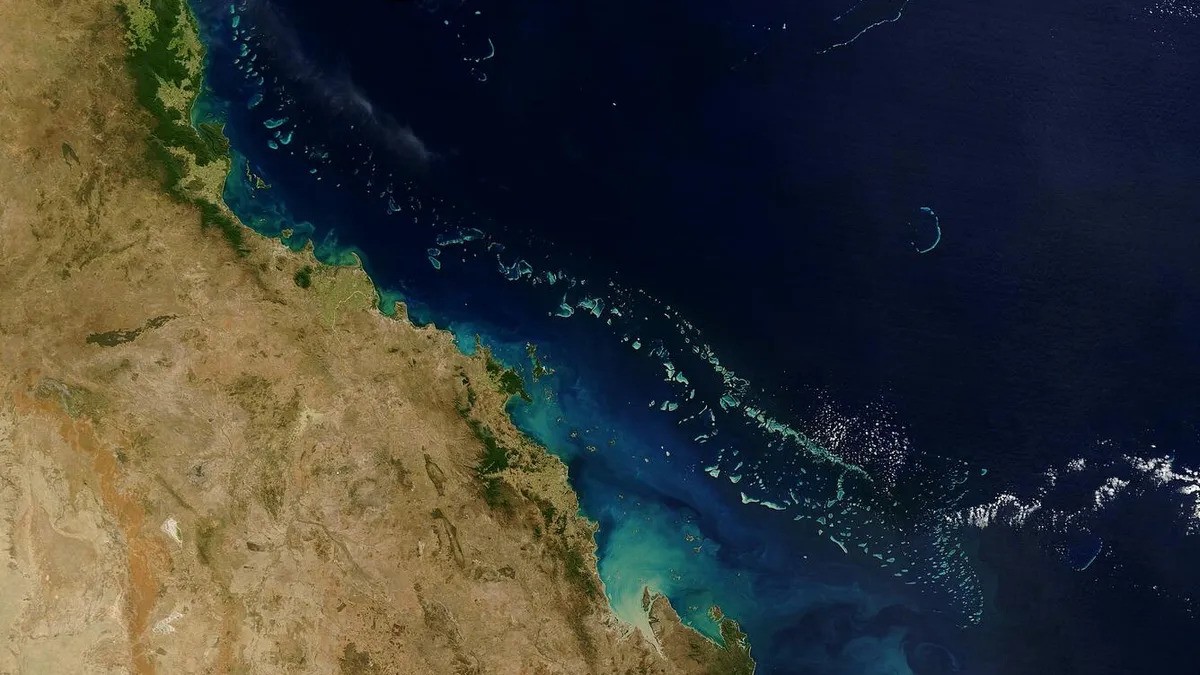Sentinel-2 satellites have recorded the bleaching of coral reefs in all the oceans of the Earth. According to experts, they are in danger of death. The reason for this is the rapid increase in water temperature.

Sentinel-2 images
On April 11, representatives of the US National Oceanic and Atmospheric Administration and the International Coral Reef Initiative confirmed that massive coral bleaching was observed in the Indian, Pacific and Atlantic Oceans. This is the fourth such event in the history of observations of them, but it is the largest of all.
The fact that coral reefs turn a whiter color is confirmed by images taken by Sentinel-2 global surveillance satellites. They constantly monitor the condition of coral reefs, which are actually the largest structures created on our planet by living organisms.
Reef builders are coral polyps, small invertebrates that spend most of their adult lives attached to the bottom of shallow ocean waters. Throughout their lives, they form a limestone skeleton around themselves, which after their death becomes the basis to which a new generation of these organisms is attached. So, millimeter by millimeter, over millions of years, these tiny creatures have been forming geological structures stretching for hundreds of kilometers.
When coral reefs turn white, this means that the symbiotic algae zooxanthella, which usually lives inside polyps, begins to die massively. Without it, they can start to get sick, starve and even die.
Coral reefs and changes in water temperature
Scientists call the reason for the bleaching of reefs a change in the temperature of water in the oceans due to global warming. Coral polyps are extremely sensitive organisms to this factor. At the same time, they are the basis of one of the richest biotopes on Earth. That is, their death in the worst case threatens the mass extinction of many species of organisms.
In addition, the bleaching of the reefs may indicate that further the water temperature will begin to rise even more. And from this, organisms that are already less sensitive to it, for example, phytoplankton, can begin to die. And here it is already the basis of nutrition for many species of commercial fish. That is, it already threatens the world’s fisheries.
To monitor developments, scientists launched the Allen Coral Atlas project in 2021. In fact, this is a satellite map of coral growth zones on Earth. Thanks to it, researchers learned in February this year that coral reefs cover much larger areas of the ocean than previously thought. And now it turns out that all of them are in danger of mass death.
According to www.space.com
Follow us on Twitter to get the most interesting space news in time
https://twitter.com/ust_magazine


